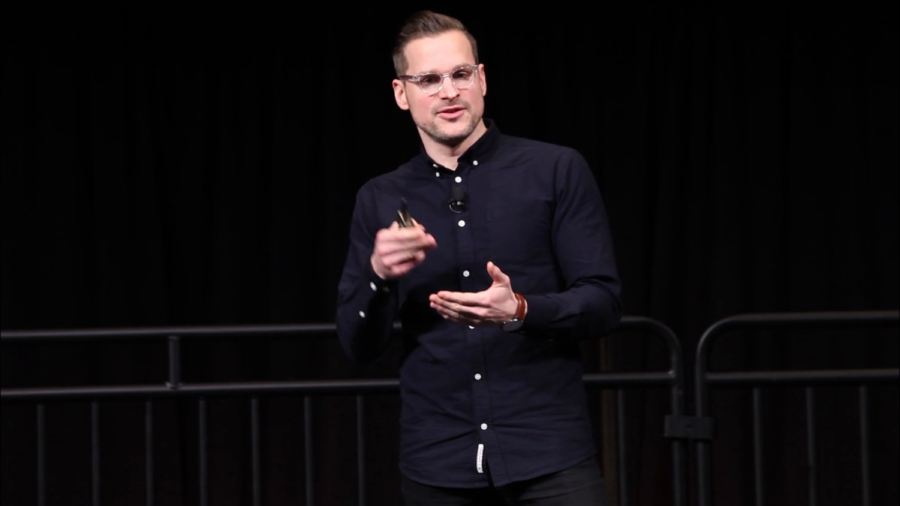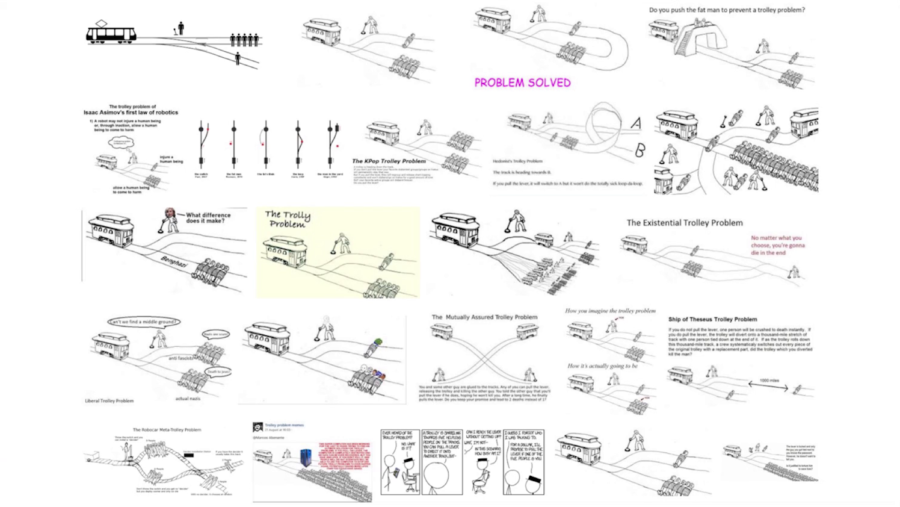I think we need to start thinking critically about things that we perceive as wholesome. Empathy has become a big business, and we ought to be able to examine it. Everyone’s always trying to diagnose disabled people. But I’m gonna have a little bit of fun. And I’m actually gonna diagnose all of you.
Interaction19

Empathy Reifies Disability Stigmas
presented by Liz Jackson

Designing for Data Literacy in the Age of Post-Truth
presented by Holger Kuehnle
We should use our toolbox to make complexity understandable. We need to use the tools at our disposal to build data literacy by showing the context that data exists in. Because with that data, and with context around the data, we’ll be able to build understanding…

The Markkula Center for Applied Ethics at Santa Clara University has some really useful thinking and curricula around ethics. One of the things they point out is that what ethics is not is easier to talk about than what ethics actually is. And some of the things that they say about what ethics is not include feelings. Those aren’t ethics. And religion isn’t ethics. Also law. That’s not ethics. Science isn’t ethics.
